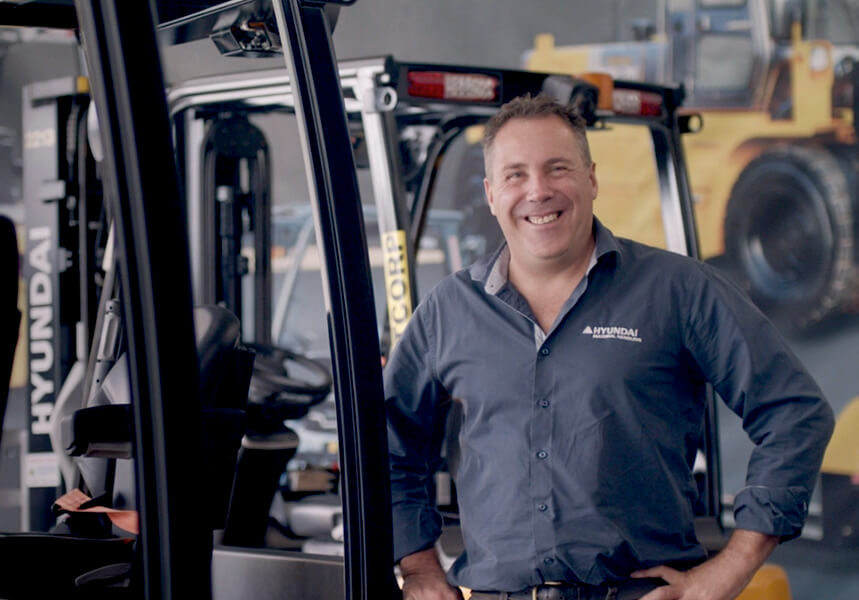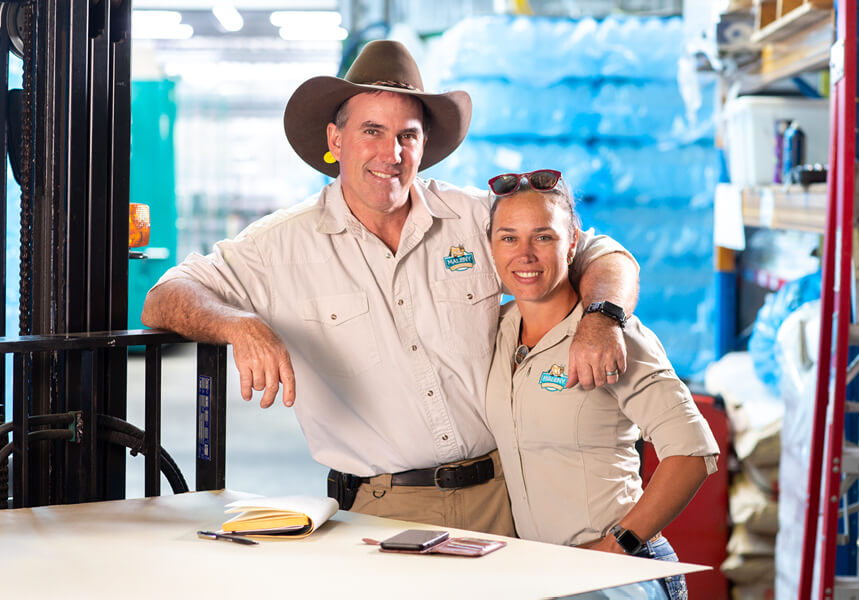Cashflow problems, financial mismanagement, a lack of business funding and a general misunderstanding of the costs associated with running a small business are just some of the most common reasons for start-up businesses to fail. That’s why it is vitally important that you take the time to understand how much it will cost to start your new business and keep it running.
“Undercapitalisation is one of the most common contributors to business failure, but it’s equally important that you fully understand your working capital requirements,” said Martin Hoffman, BOQ Business Head of Corporate, Victoria and Western Australia.
Although every business is different, there are common costs for any start up business to consider regardless of whether you are planning a ‘bricks-and-mortar’ start up, an online business or buying into an existing business or franchise. Understanding these costs will help when you are writing your business plan or writing a business case to seek potential investors or funding.
In this article, we outline the most common expenses you will need to consider for your start up budget. There’s also a downloadable start up costing spreadsheet template on the Australian Government’s business.gov.au website to help get you started.
Research
Before you do anything about setting up or buying a business, you should invest in research to understand if your idea is viable; to identify the market for your products and/or services; to know who your target audience is and what matters to them; to be aware who your competition is; and to see what it will cost to start up and run your business.
Registrations
- Business name and registration
- IP protection (trademarks, design and patents)
- Business licences and permits (building permits, liquor licenses etc)
- Vehicle registration
- Website domain names
Professional services
- Accountant fees
- Solicitor fees
- Membership fees (e.g. professional organisations)
- IT support
- Outsourced functions (e.g. marketing, bookkeeping etc)
Start-up capital and business funding
- Business purchase fees
- Franchise fees
- Business loan fees and interest payments
- Business credit card
NOTE: The working capital requirements of a new business can be difficult to predict. Given that fixed expenses will still need to be paid, a slower than expected initial trading period will put pressure on your working capital, as will a faster than expected trade-up (depending on the terms that you offer your customers and the terms imposed on you by your suppliers). For these reasons, it’s important to always have an appropriate provision for a ‘rainy day’.
Business location and fit-out costs
Finding the best location for your new business can be a costly exercise, so make sure you understand all the costs associated including:
- Property (office, warehouse etc) purchase or rent
- Rental security bond (1-2 months rent)
- Local council permits
- Fit-out costs (including furniture)
- Utility connections (electricity, gas, water, phone, internet)
Business equipment
Purchase and/ or leasing fees for:
- Plant equipment and machinery
- Specialist equipment and machinery
- Business cars and other vehicles
- Computers and office equipment (including printers, monitors, modems etc)
- Point of sale terminals
- Security systems
Business insurance
- Building and contents
- Vehicle insurance
- Public liability
- Professional indemnity
- Product liability
- Workers compensation
- Business assets insurance
- Business revenue / income protection insurance
Marketing
- Website hosting and development
- Advertising (including social media for business paid advertising, directory listings etc)
- Marketing collateral (business cards, brochures, flyers etc)
- Trade show and conference attendance
Staffing
- Salaries (including recruitment fees if required)
- Specialist outsourced/ freelance support
- Superannuation and other on-costs (such as annual leave accrual)
- Training and development
Stock and inventory
- Warehousing and distribution
- Shrinkage (theft, spoilage and out-of-date stock)
Ongoing running costs
- Utilities (e.g. electricity, water, gas, phone and internet)
- Maintenance and repairs
- Stationery and office supplies
- Printing
Resources:
The Australian Government’s business.gov.au website contains valuable information for small business owners including a downloadable start up costing spreadsheet template to help you calculate the cost of setting up your new business.
Contact us to find out more about how BOQ Business can support your small business






